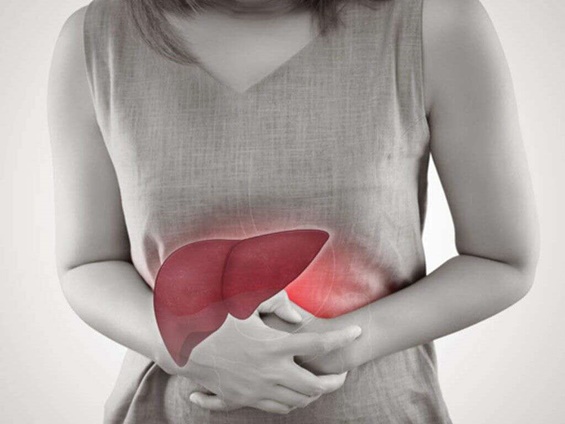It doesn’t take as long as you think for your health to turn bad, and one of the quickest ways to die is with poor liver health. The liver is a vital organ located in the upper right side of the abdomen, beneath the diaphragm and above the stomach. It plays a crucial role in maintaining overall health through various functions such as:
Detoxification: The liver helps remove toxins and harmful substances from the bloodstream, including drugs, alcohol, and metabolic waste products.
Metabolism: It metabolizes nutrients from food, including carbohydrates, fats, and proteins, converting them into energy or storing them for later use. The liver also synthesizes essential molecules such as cholesterol, bile acids, and certain proteins.
Storage: The liver stores important nutrients like glycogen (a form of glucose), vitamins (such as A, D, E, K, and B12), and minerals (such as iron and copper) for use when needed.
Bile Production: The liver produces bile, a greenish-yellow fluid that aids in the digestion and absorption of fats in the small intestine.
Blood Regulation: It regulates blood sugar levels by storing excess glucose as glycogen or releasing it into the bloodstream as needed. The liver also helps maintain blood volume and filters blood to remove old or damaged blood cells and pathogens.
Liver deterioration can be caused by various factors, including:
- Alcohol Consumption: Excessive and prolonged alcohol intake can lead to liver damage, including fatty liver, alcoholic hepatitis, and cirrhosis.
- Viral Infections: Viruses such as hepatitis B, hepatitis C, and hepatitis D can infect the liver and cause inflammation, leading to liver damage or cirrhosis if left untreated.
- Non-Alcoholic Fatty Liver Disease (NAFLD): This condition occurs when excess fat builds up in the liver, often associated with obesity, insulin resistance, high cholesterol, or high triglycerides.
- Autoimmune Diseases: Conditions like autoimmune hepatitis, primary biliary cirrhosis, and primary sclerosing cholangitis occur when the body’s immune system mistakenly attacks the liver, leading to inflammation and damage.
- Medications and Toxins: Certain medications, herbal supplements, and exposure to toxins like industrial chemicals or mushrooms can cause liver damage or failure.
- Metabolic Disorders: Genetic disorders such as hemochromatosis, Wilson’s disease, and alpha-1 antitrypsin deficiency can lead to the accumulation of harmful substances in the liver, resulting in damage over time.
- Chronic Diseases: Conditions like chronic viral infections, congestive heart failure, and certain cancers can indirectly affect the liver and contribute to its deterioration.
- Poor Diet: Consuming a diet high in processed foods, sugar, and unhealthy fats can contribute to obesity, diabetes, and NAFLD, all of which can lead to liver damage.
It’s essential to maintain a healthy lifestyle, avoid excessive alcohol consumption, and seek medical advice if experiencing symptoms of liver disease to prevent or manage liver deterioration. Regular check-ups and screenings can also help detect any liver issues early.











